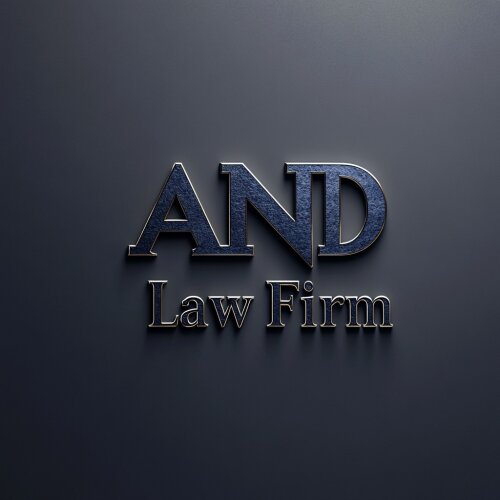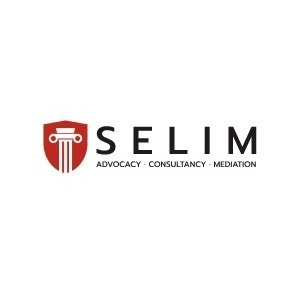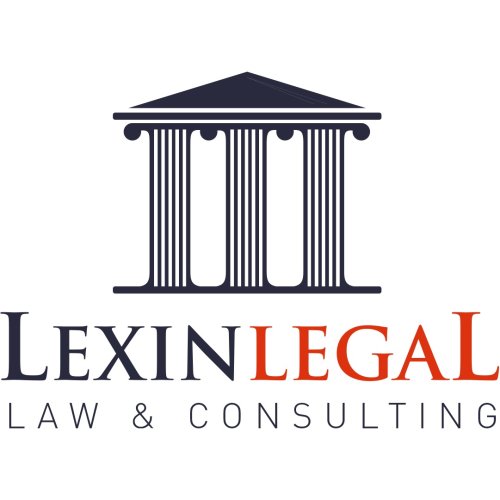Best Toxic Mold Lawyers in Istanbul
Share your needs with us, get contacted by law firms.
Free. Takes 2 min.
List of the best lawyers in Istanbul, Turkey
About Toxic Mold Law in Istanbul, Turkey
Toxic mold refers to the presence of mold or fungi inside buildings, which can pose a risk to human health. In Istanbul, Turkey, toxic mold is a growing concern due to its potential impact on indoor air quality and the well-being of residents. While there is currently no specific legislation dedicated solely to toxic mold in Istanbul, legal remedies can be sought under existing laws to address the issue. It is important to understand your rights and the available legal options if you encounter toxic mold in your home or workplace.
Why You May Need a Lawyer
There are several situations in which you may require the assistance of a lawyer when dealing with toxic mold:
- If your landlord or property owner fails to address the toxic mold issue promptly and adequately
- If you suffer from health issues as a result of exposure to toxic mold
- If you are facing financial losses due to property damages caused by toxic mold
- If your insurance company denies or undervalues your mold-related claim
- If you need guidance on how to file a complaint or take legal action against a negligent party
Local Laws Overview
While there is no specific legislation dedicated solely to toxic mold, several local laws in Istanbul can be relevant in such cases:
- Turkish Civil Code: This law governs relationships between landlords and tenants, and it may be used to hold a landlord accountable for addressing and resolving toxic mold problems.
- Turkish Code of Obligations: This law covers the obligations of parties in various agreements, including rental agreements. It can provide guidance on the responsibilities of landlords and tenants regarding disclosing and addressing toxic mold issues.
- Turkish Code of Obligations: This law covers the obligations of parties in various agreements, including rental agreements. It can provide guidance on the responsibilities of landlords and tenants regarding disclosing and addressing toxic mold issues.
- Turkish Consumer Protection Law: This law aims to protect consumers' rights. It can be used to address cases where a consumer has purchased a property affected by toxic mold and seeks compensation or resolution.
- Turkish Code of Civil Procedure: This law outlines the procedures for filing a lawsuit and seeking legal remedies in civil matters, including toxic mold-related cases.
Frequently Asked Questions
Q: Is it the responsibility of the tenant or the landlord to address toxic mold issues in Istanbul?
A: The responsibility to address toxic mold issues typically falls on the landlord. However, tenants have the obligation to report the problem promptly to the landlord.
Q: Can I withhold rent if my landlord fails to address the toxic mold problem?
A: Withholding rent may not be the best approach. It is advisable to consult with a lawyer before taking any action, as there are specific legal procedures to follow in order to protect your rights and avoid potential consequences.
Q: How long does the landlord have to fix the toxic mold issue after it has been reported?
A: There is no specific time frame mentioned in the law. However, it is generally expected that the landlord should address the toxic mold issue within a reasonable amount of time.
Q: Can I file a lawsuit against my landlord for health problems caused by toxic mold?
A: Yes, if you can establish a direct link between the toxic mold exposure and your health problems, you may have grounds for a lawsuit seeking compensation for medical expenses, pain and suffering, and other damages.
Q: What evidence should I gather to support my toxic mold claim?
A: It is essential to document the presence of toxic mold through photographs, videos, or expert mold testing reports. Additionally, medical records and any correspondence with your landlord or relevant parties should be kept as evidence.
Additional Resources
Here are some resources that can provide further assistance and information regarding toxic mold:
- Istanbul Chamber of Physicians: They can provide guidance on medical issues related to toxic mold exposure.
- Istanbul Bar Association: A legal professional organization that can connect you with experienced lawyers specializing in toxic mold cases.
- Turkish Ministry of Environment and Urban Planning: Offers information on environmental regulations and guidelines that may be applicable to toxic mold in Istanbul.
Next Steps
If you are experiencing toxic mold-related issues in Istanbul and require legal assistance, follow these steps:
- Contact a lawyer knowledgeable in toxic mold cases to discuss your situation.
- Gather evidence, including photographs, videos, mold testing reports, medical records, and any relevant correspondence.
- Maintain clear and open communication with your landlord or the responsible party, documenting all interactions.
- Follow the guidance of your lawyer regarding legal options, such as negotiation, filing a formal complaint, or initiating legal proceedings.
- Stay informed about your rights and obligations throughout the process to ensure a favorable resolution to your toxic mold issue.
Lawzana helps you find the best lawyers and law firms in Istanbul through a curated and pre-screened list of qualified legal professionals. Our platform offers rankings and detailed profiles of attorneys and law firms, allowing you to compare based on practice areas, including Toxic Mold, experience, and client feedback.
Each profile includes a description of the firm's areas of practice, client reviews, team members and partners, year of establishment, spoken languages, office locations, contact information, social media presence, and any published articles or resources. Most firms on our platform speak English and are experienced in both local and international legal matters.
Get a quote from top-rated law firms in Istanbul, Turkey — quickly, securely, and without unnecessary hassle.
Disclaimer:
The information provided on this page is for general informational purposes only and does not constitute legal advice. While we strive to ensure the accuracy and relevance of the content, legal information may change over time, and interpretations of the law can vary. You should always consult with a qualified legal professional for advice specific to your situation.
We disclaim all liability for actions taken or not taken based on the content of this page. If you believe any information is incorrect or outdated, please contact us, and we will review and update it where appropriate.

















